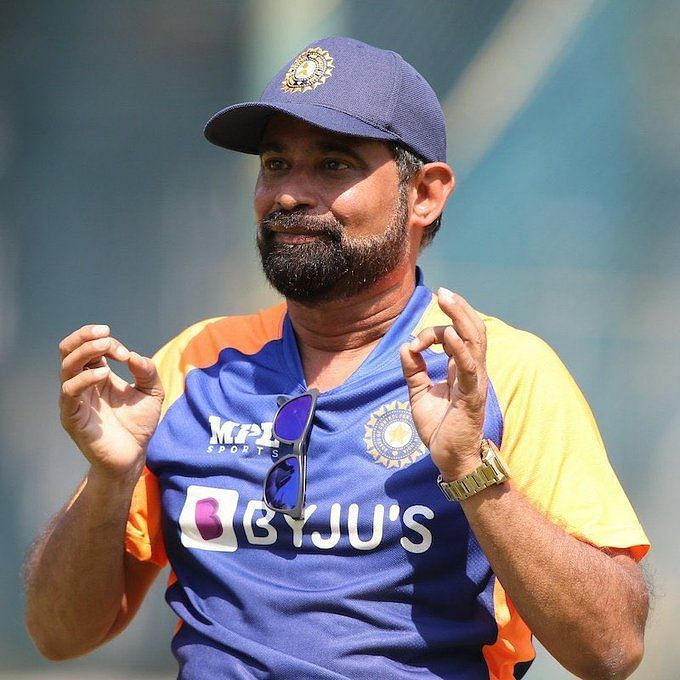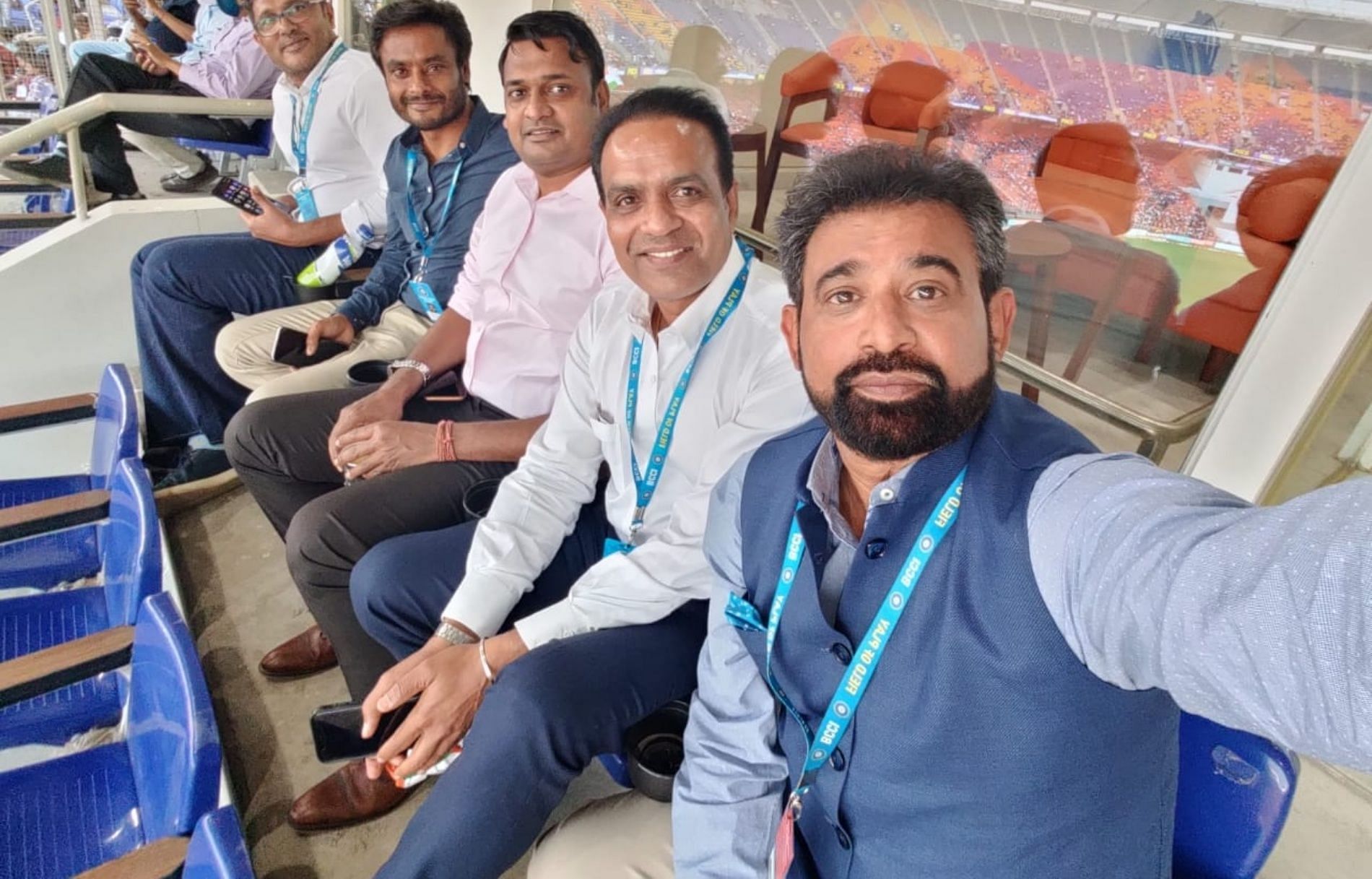
3 major drawbacks of Chetan Sharma-led selection committee that led to its sacking
The Board of Control for Cricket in India (BCCI) on Friday, November 18, sacked the entire senior men’s selection committee and invited applications for new selectors.
Led by former pacer Chetan Sharma, Sunil Joshi (South Zone), Harvinder Singh (Central Zone), and Debashish Mohanty (East Zone) were the other members of the selection committee.
During the tenure of the Sharma-led committee, the Indian team did reasonably well in bilateral series’, winning the majority of them. However, their woes in multi-nation tournaments continued. The Men in Blue failed to reach the semi-finals of the T20 World Cup in the UAE last year and did not reach the final of the Asia Cup 2022 as well held at the same venue.
There were reports that the selectors would lose their jobs if the Indian team did not end up winning the T20 World Cup 2022 in Australia. The same has turned out to be true as the BCCI fired the entire selection committee just days after India’s semi-final exit from the showpiece event.
As the hunt for new national selectors begins, we look at three key areas in which the Sharma-led committee failed, ultimately leading to their sacking.
#1 Inability to communicate major decisions with professionalism
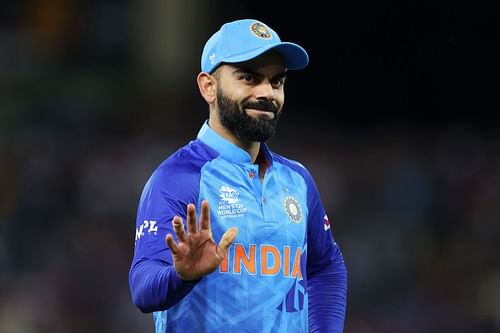
Leaving aside the results, it was the selection committee’s inability to communicate major decisions in an efficient manner that was their biggest drawback. The Virat Kohli sacking saga instantly comes to mind. Here was a captain who served the country with distinction for a number of years and had brought innumerable laurels to the nation.
Whether or not the decision to sack Kohli as ODI captain was right or wrong is another matter altogether. It was the manner in which the massive move was communicated that was the ultimate disaster.
While putting out a press release to announce the Test squad for the tour of South Africa late last year, a line was inserted at the end, which read:
"The All-India Senior Selection Committee decided to name Mr Rohit Sharma as the captain of the ODI & T20I teams going forward."
There was not even a mention of Kohli. This was possibly the worst way to tell a player that he has been sacked as captain. The drama did not end there as the former captain later opened up during an explosive press conference to reveal how he was sacked. He claimed:
"I was contacted one and a half hours before the selection meeting on the 8th (December) for the Test series and there was no prior communication to me at all. Before ending the call I was told that the five selectors had decided that I would not be the ODI captain, to which I replied, 'ok fine'.”
To this day, the manner of Kohli’s ouster as captain remains an embarrassment for Indian cricket.
#2 Too many loopholes in the selection policy
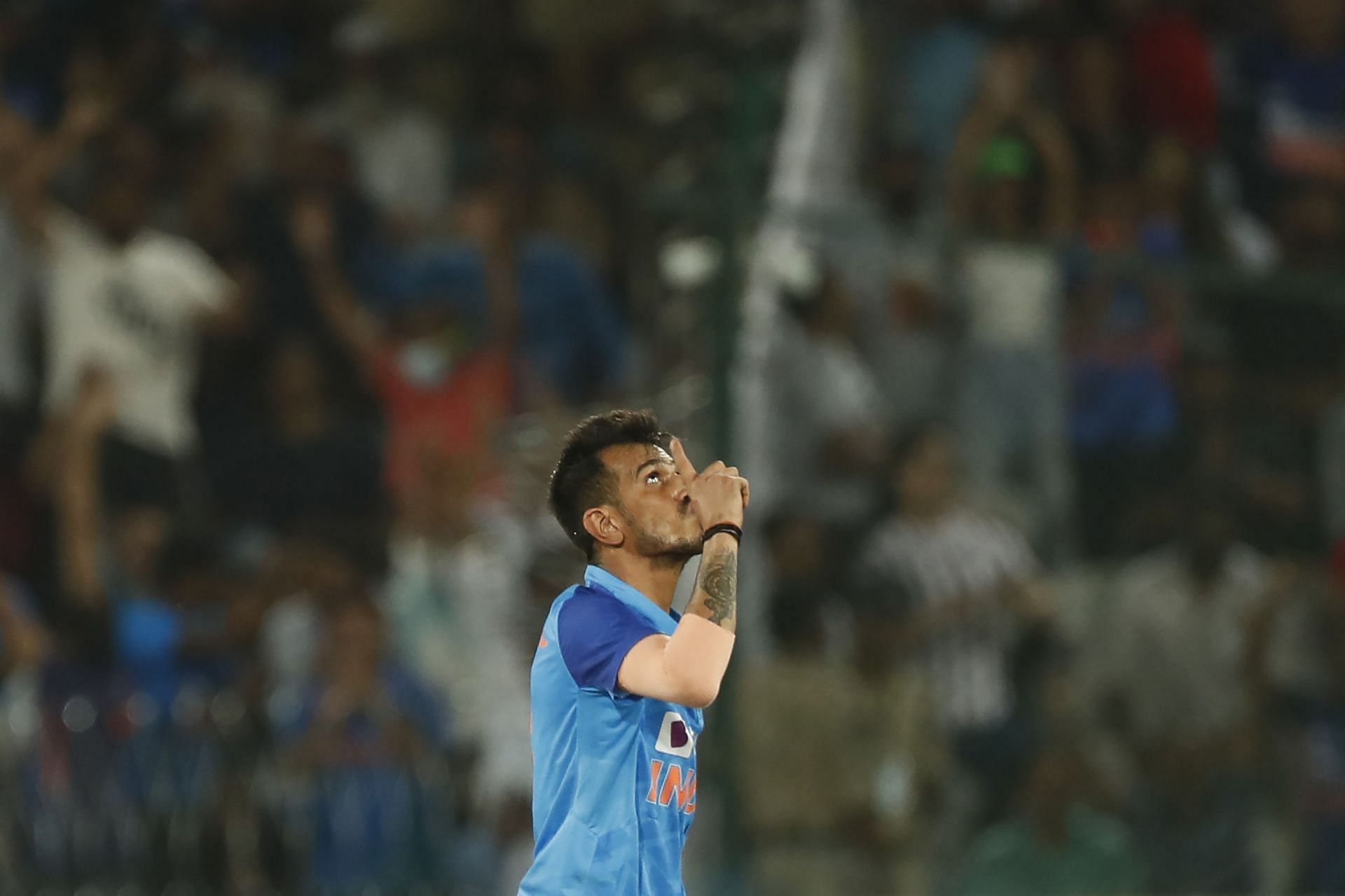
Apart from Kohli’s sacking, the selectors were unconvincing with their decision-making skills as well. One of the major reasons for India’s no-show at the T20 World Cup in the UAE last year was the squad that was chosen. They left out experienced leg-spinner Yuzvendra Chahal in favor of Varun Chakravarthy, who had hardly played any international cricket.
All Chakravarthy did was succeed in a couple of Indian Premier League (IPL) matches ahead of the tournament and he was drafted into the T20 World Cup 2021 squad at the expense of the experienced Chahal. Chakravarthy struggled on the big stage, failing to pick up a single wicket. He has not played a match for India since and seems to have completely disappeared from the selectors’ radar.
Chahal was picked for this year’s T20 World Cup in Australia, but it’s another matter that he didn't play a single game. The selectors also failed to reward performances. Take the instance of Rishabh Pant. He was on the flight to Australia, despite having done nothing of note in the T20Is in the build-up to the ICC tournament.
Sanju Samson, on the other hand, who grabbed whatever chances he was given and made a genuine impact, was ignored.
#3 Lack of foresight
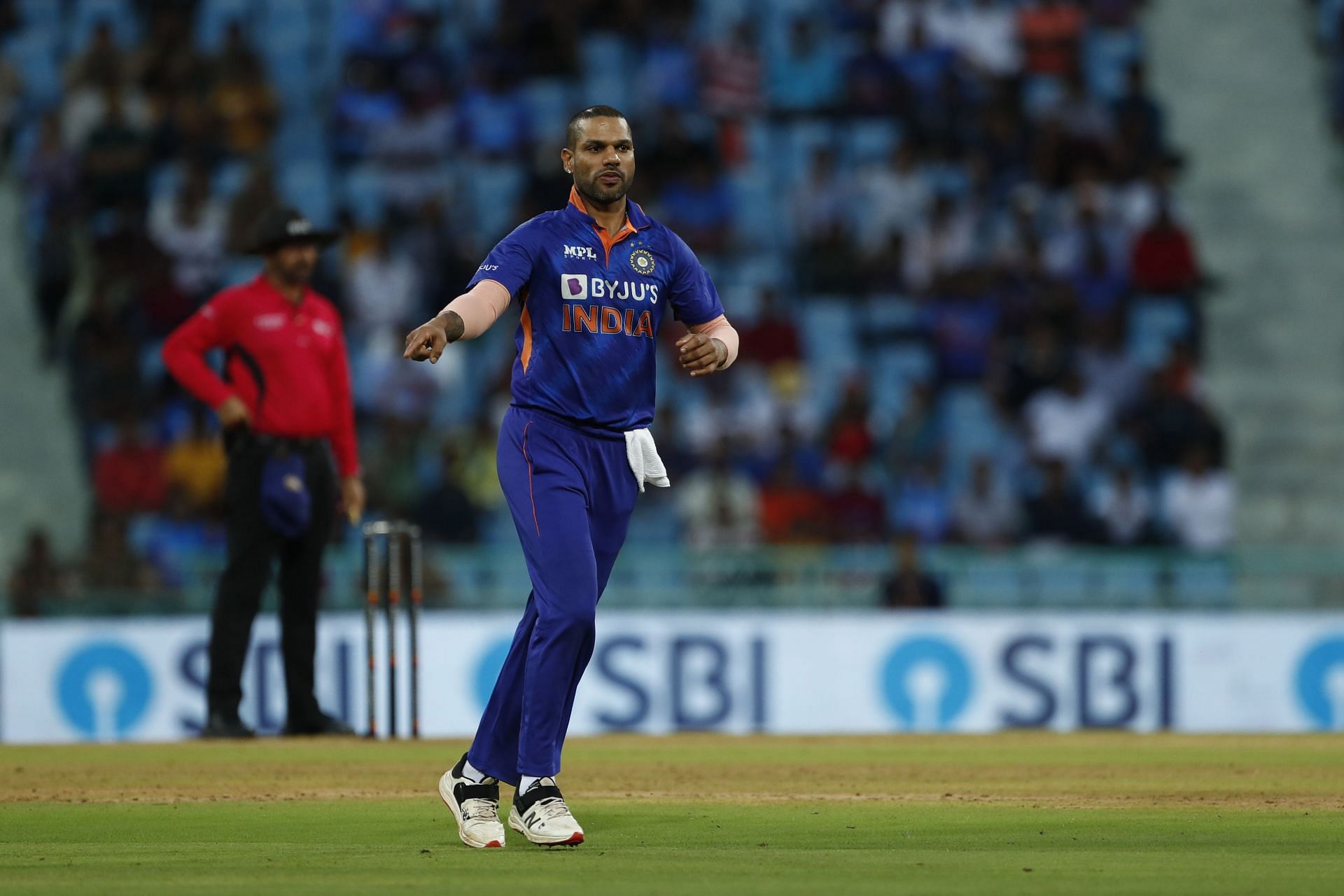
The Sharma-led selection committee also seemed to lack foresight when it came to grooming a team for the future in all formats.
While veteran opener Shikhar Dhawan was promptly dropped from the T20I squad ahead of last year’s World Cup, there is no clarity over whether he is in the plans for the 2023 ODI World Cup. Even though he has been named captain for the ODI series in New Zealand, the fact is that he will be 38 by the time the World Cup is held in India next year.
That’s not all. The manner in which the selectors have dealt with young opener Prithvi Shaw has been baffling. The swashbuckling batter has been scoring tons of runs in domestic cricket for the last year or so. But all the selectors have been saying is that his time will come.
Ideally, by now, Shaw should have been groomed as Rohit Sharma’s replacement in the T20I squad. And regarding his fitness issues, if he is good enough to play in the IPL, then why not T20Is?
To sum up the Sharma-led selection committee’s tenure in a nutshell, too many questions emerged. But the men in charge left most of them unanswered.
Also Read: “Elon firing Twitter employees, BCCI firing selection committee” - Twitterati react as Indian cricket board sacks national selectors
